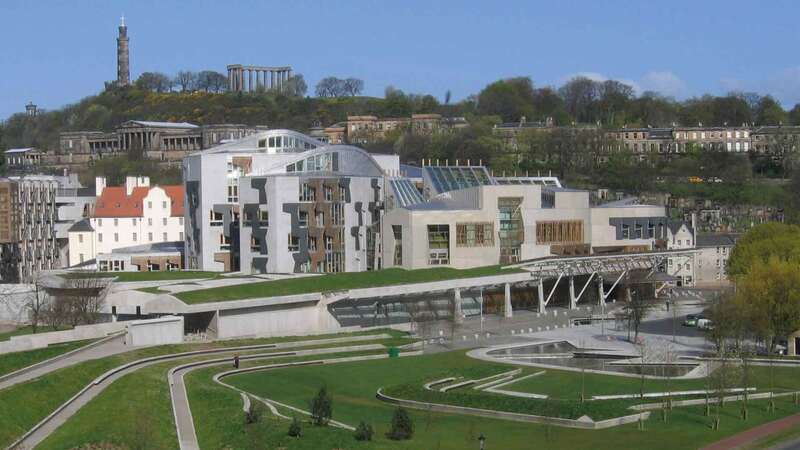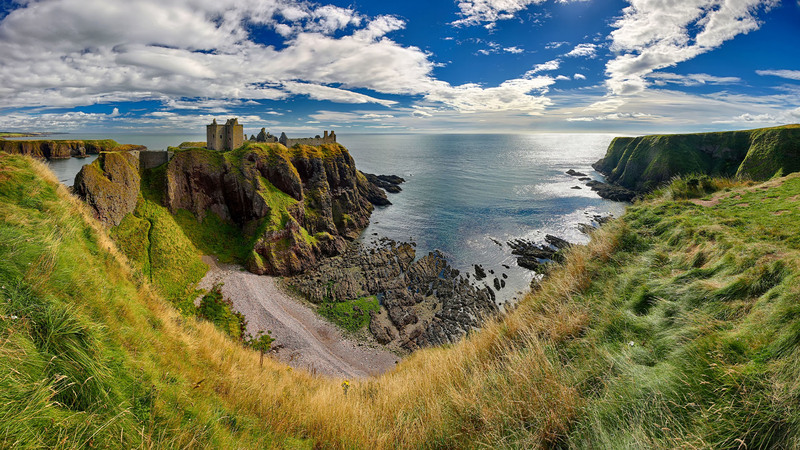You are viewing your 1 free article this month. Login to read more articles.
Trade cheers as Sturgeon oversees arts funding boost
Scottish authors, booksellers and publishers have reacted with jubilation following news that Creative Scotland and other arts bodies are to receive more funding from the Scottish Government in 2018. The trade had anticipated a drop in arts funding, with scores of high-profile writers—including Ian Rankin and Val McDermid—writing to the Scottish Government to urge it not to cut its spend in the sector.
Yet Creative Scotland has revealed that it is to receive a surprise increase in funding, with the body’s Grant in Aid funding set to increase by 21.2%, to £38.9m, in 2018/19. Literary agent Jenny Brown told The Bookseller it was welcome news: "It’s fantastic. Over 100 writers wrote to the government and now feel that their message has been heeded," she said.
Marion Sinclair, chief executive of Publishing Scotland, which is partly funded by Creative Scotland, said that although she was "pleasantly surprised" by the news, she warned the "devil will be in the detail" in terms of how much funding the body would get from Creative Scotland when that figure is disclosed later this month. Sinclair said: "The government has sent a strong statement about the value of culture [by increasing funding to the arts]. It shows that it wants to be seen to be protecting it."
Through Scottish Book Trust, Creative Scotland funds literature prizes including the New Writers Awards, won in previous years by Graeme Macrae Burnet and Malachy Tallack, and the Next Chapter Award, which was given to Gail Honeyman, author of recent bestseller Eleanor Oliphant is Completely Fine (HarperCollins), in 2014. Macrae Burnet, said the New Writers Award had been "invaluable" to him. "It’s a great example of the benefits of well-targeted arts funding," he said. Agent Brown added: "If funding remains the same or is enhanced, then these programmes will be safeguarded—it will make such a difference to the literary scene in Scotland."
Looking back on the past year, Sinclair said most Scottish publishers had seen growth, and there was a mood of "quiet confidence" among them. "It was a record year in terms of jobs, which indicates a certain amount of publisher confidence," she added.
Looking ahead, Brown said she was optimistic about 2018, with the heavily publicised demise of indie Freight Books last year now in the past. "I think bookshops, on the whole, have done better than they did in the year before," she said. "People are happy with the range of titles, UK-published books have done very well, and there is a lot of certainty out there. I am thoroughly relieved to draw a line under what happened with Freight: Scottish publishing is not defined by that aberration."
One big event on the trade’s horizon is the centenary of Edinburgh-born author Muriel Spark’s birth. "Publishers are reprinting a few of her titles already," Brown said. "There has been a fantastic response, with a big event at [Edinburgh concert venue] Usher Hall and a great response from the media, with coverage on BBC Radio 4 and other shows."
Meanwhile, the Creative Industries Federation has welcomed the publication of the Scottish Government’s report on Brexit, and promised to work with it closely going forward to "create the best possible conditions for creative industries trade". According to the federation, in the report the Scottish Government "rightly impresses the major role international workers play in the UK creative industries’ success."
The federation added: "The Scottish Government is also right to note that barriers to trade in services will pose the biggest issues to UK exporters going forward. This is particularly true of the creative industries, which exported £21.2bn worth of services in 2015... We are working closely with the Scottish Government to create the best possible conditions for creative industries trade."
You can read Nicola Sturgeon's exclusive column for The Bookseller here.
This piece is part of The Bookseller's in-depth focus on Scotland. Other stories in the focus can be read here.


















